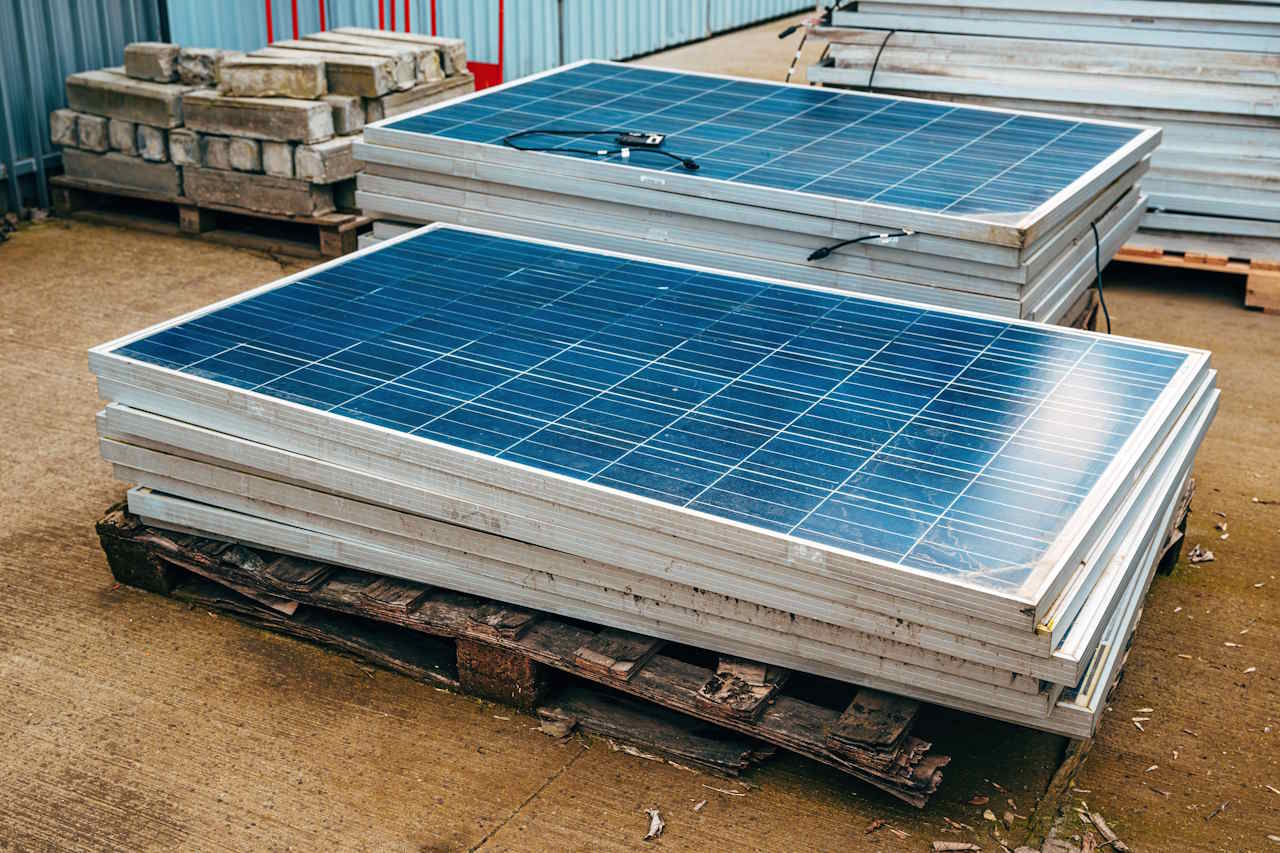Victoria’s Swinburne University of Technology will lead a $3 million international solar panel recycling project focused on extracting and reusing precious and critical minerals.
Backed by grant funding from the Australian government, the new Silicon Zero Emission Recycling, Refining and Production program, is investigating new methods of removing impurities and salvaging precious and critical minerals from end-of-life solar panels, with a particular focus on silicon.
“The Si-Zero Research Program is the first of its kind in the world,” said Dr Bintang Nuraeni, a Swinburne researcher involved in the program.
“It brings together international expertise to develop zero-carbon processes for recovering high-purity silicon and other valuable materials from end-of-life solar panels, strengthening the foundation for a sustainable and circular solar industry.”
The project will be spearheaded by Swinburne’s Professor Akbar Rhamdhani, who says very high-grade silicon is needed to produce more solar panels, and other technologies.
“In a traditional process, we use carbon and extremely high temperatures to reduce raw silica to metallurgical-grade silicon. It’s very energy intensive and takes a lot of time.
“Recycling can bypass this.”
But even recycling has its challenges, often requiring a lot of time and energy, while the silicon extracted from solar panels must also be refined to extreme purity – up to 99.99999 per cent.
That is why Professor Rhamdhani and his team are developing a process where much of the work is done in bulk by robots and processing is powered by green energy and electricity.
“We are developing a process that is quite clean, with a no or very low carbon footprint,” he said.
Swinburne’s leadership is well placed, considering Australia is very quickly set to become one of the planet’s largest contributors to solar waste, with one million tonnes expected by 2050.
With more solar panels per person than any other country in the world, early Australian solar installations are starting to reach their end-of-life, necessitating new and improved recycling methods.
Globally, solar waste is expected to reach 78 million tonnes by 2050.
Another country that is likely to contribute even more to the global solar waste issue is India, which is also represented in the Si-Zero Research Program by participants from the Indian Institute of Technology, Hyderabad (IIT Hyderabad).
It says that by 2050, India’s cumulative solar waste may exceed 19 million tonnes, posing a major environmental risk if unmanaged.
Other participants include researchers from the Badan Riset dan Inovasi Nasional (BRIN), Indonesia’s National Research and Innovation Agency, as well as the country’s Universitas Gadjah Mada (UGM), as well as the Sadoway Labs Foundation in the United States.
The project will also provide for 10 PhD students and five research fellows across the four countries.
Joshua S. Hill is a Melbourne-based journalist who has been writing about climate change, clean technology, and electric vehicles for over 15 years. He has been reporting on electric vehicles and clean technologies for Renew Economy and The Driven since 2012. His preferred mode of transport is his feet.

